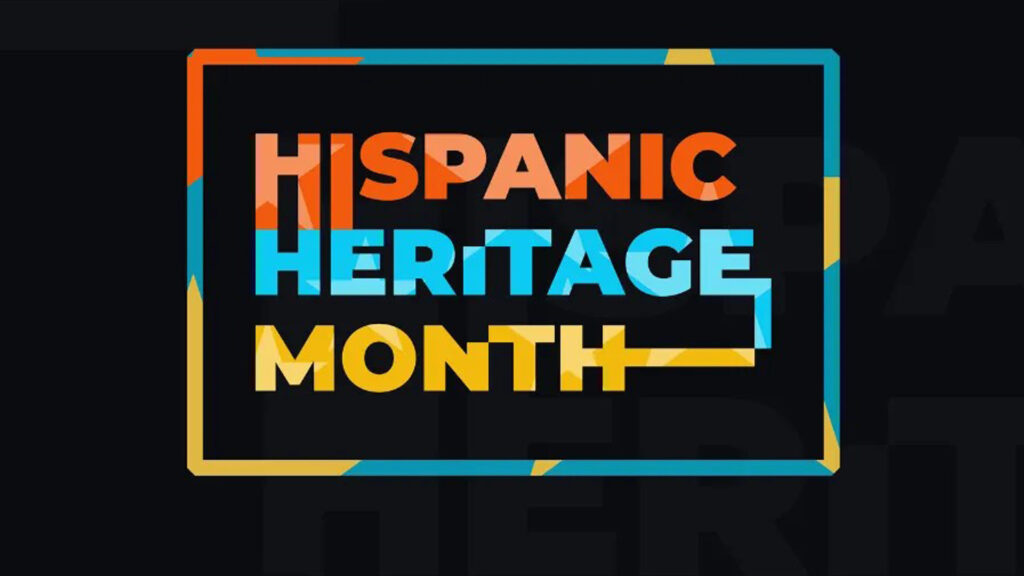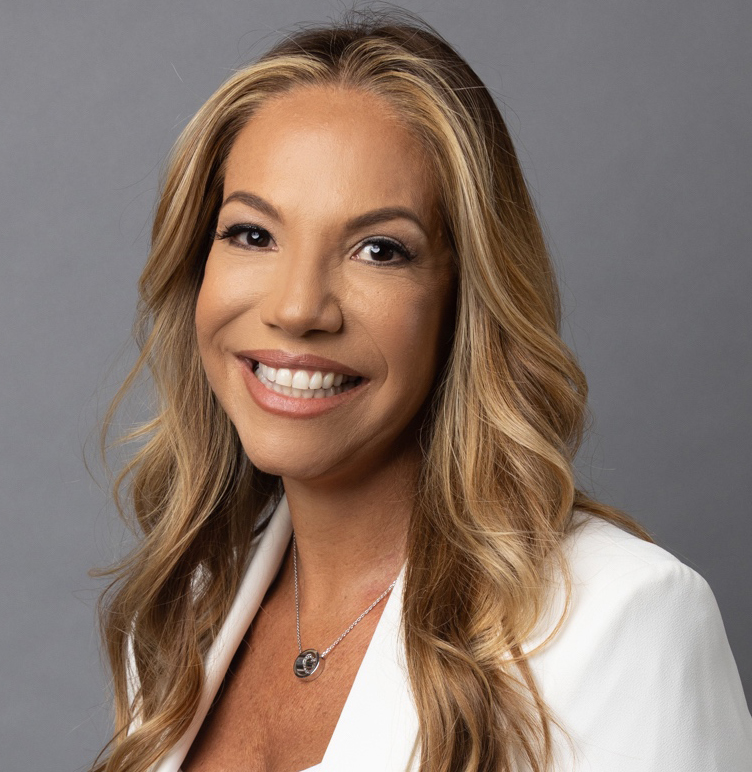By Thais Lopez Vogel, VoLo Foundation
Every year, beginning on Sept. 15, the United States celebrates Hispanic Heritage Month, a time to reflect on the deep roots of the Spanish-speaking community in this nation. It is not simply about our arrival in this country but about our undeniable participation in its history dating back many years.
San Agustín, or St. Augustine, is the oldest continuously inhabited European-established settlement in what is now the contiguous United States. It was founded by the Spanish in 1565, 55 years before the Pilgrims landed in Plymouth. In addition, vast territories in the American Southwest were part of Mexico before becoming states. Cities such as Los Angeles, San Antonio and San Francisco, with names and heritages that evoke their Hispanic past, are testimony to this connection.

This legacy, far from being an echo of history, lives on. The Hispanic population in the U.S. continues to grow exponentially, and with it, our influence in all aspects of life, including elections.
According to the Pew Research Center, in 2024, an estimated 36.2 million Hispanics will be eligible to vote, up significantly from 32.3 million in 2020. This electoral growth underscores the power we have to influence decisions that will affect the country’s future.
One of the most pressing issues facing Hispanics, along with the country in general, is climate change. According to data from Moms Clean Airforce, 50% of Hispanics in the U.S. reside in four states particularly vulnerable to its effects: California, Texas, Arizona and New Mexico. Additionally, 71% of Hispanic adults state that this phenomenon is directly affecting their communities.
Fortunately, awareness surrounding this issue is increasing among us. Eight out of 10 U.S. Hispanics (81%) consider combating global climate change to be an important concern, and 39% rank it as one of their top personal concerns, according to Pew Research Center. In fact, 85% of Latinos believe it is crucial to reduce smog and air pollution, according to the Environmental Defense Fund.

However, despite this growing awareness, many Hispanics still do not exercise their right to vote. Various reasons, such as lack of information, language barriers, or complications in the registration process, contribute to a significant percentage not participating in elections.
It is crucial that those who can do so overcome the setbacks, register and vote. The upcoming elections offer a unique opportunity for our voice to be heard on key issues, such as climate action. We need to review the candidates’ proposals on climate change, as well as demand that our elected representatives support initiatives that effectively address this crisis.
The right actions in response to climate change will not only define the future of our communities but also the future of the country. We, as a demographic group, have the power to be agents of change. Let’s celebrate the heritage we bring to the United States by contributing to defining a more responsible and cleaner future.
Thais Lopez Vogel is the cofounder and trustee of VoLo Foundation, a private family organization that exists to accelerate change and global impact by supporting science-based climate solutions, enhancing education and improving health. This piece was originally published at https://volofoundation.org/news/hispanic-heritage-elections-and-climate-action/.
If you are interested in submitting an opinion piece to The Invading Sea, email Editor Nathan Crabbe at ncrabbe@fau.edu. Sign up for The Invading Sea newsletter by visiting here.



